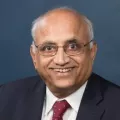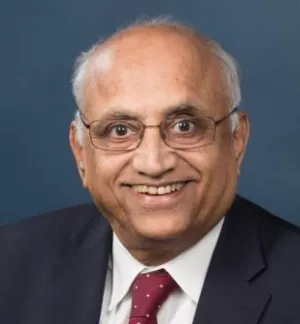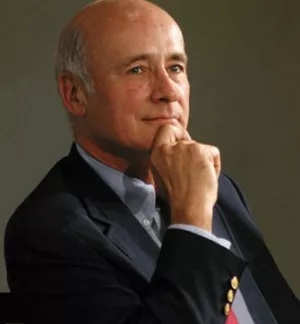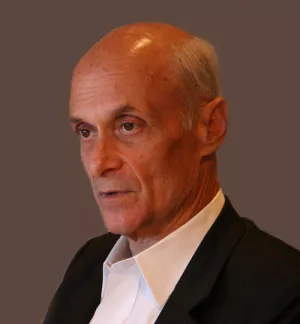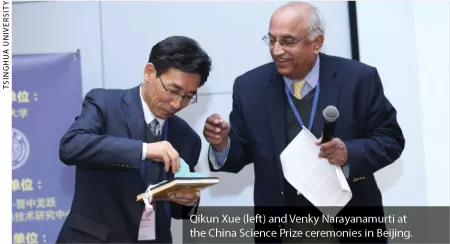
Encouraging Invention and Discovery in China
Benjamin Peirce Research Professor of Technology and Public Policy Venkatesh (Venky) Narayanamurti presented China Science Prize winner Qikun Xue with a copy of his recent book Cycles of Invention and Discovery following Narayanamurti’s comments in Janusary regarding Xue’s breakthrough scientific discovery of the Quantum Anomalous Hall Effect (QAHE). His comments concluded the award ceremonies at Tsinghua University. In a recent paper, Narayanamurti and his co-authors analyzed the QAHE discovery process with a focus on the emerging research culture in post-Cultural-Revolution China. (See belfercenter.org/QAHE)
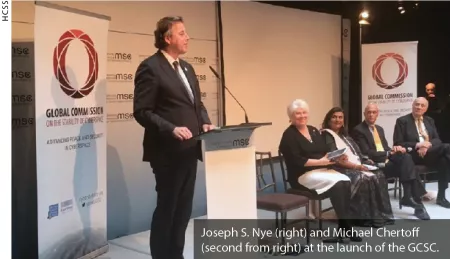
Global Commission to Develop Cyberspace Security Norms
Harvard University Distinguished Service Professor Joseph S. Nye and Belfer Center International Council member Michael Chertoff took part in a discussion of the goals of the new Global Commission on the Stability of Cyberspace (GCSC) during its launch in Munich in February. Nye has been named an inaugural commissioner and Chertoff a co-chair of this first organization of its kind dedicated to developing norms and policies to improve cyberspace stability and security. An initiative of the Netherlands, The Hague Centre for Strategic Studies (HCSS) and the EastWest Institute (EWI), the Commission is comprised of distinguished cyber experts from 15 countries.
"Belfer in Brief: Encouraging Invention and Discovery in China; Global Commission to Develop Cyberspace Security Norms." Belfer Center Newsletter. Belfer Center for Science and International Affairs, Harvard Kennedy School. (Spring 2017).

